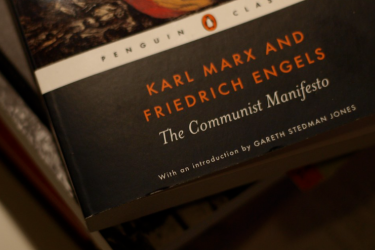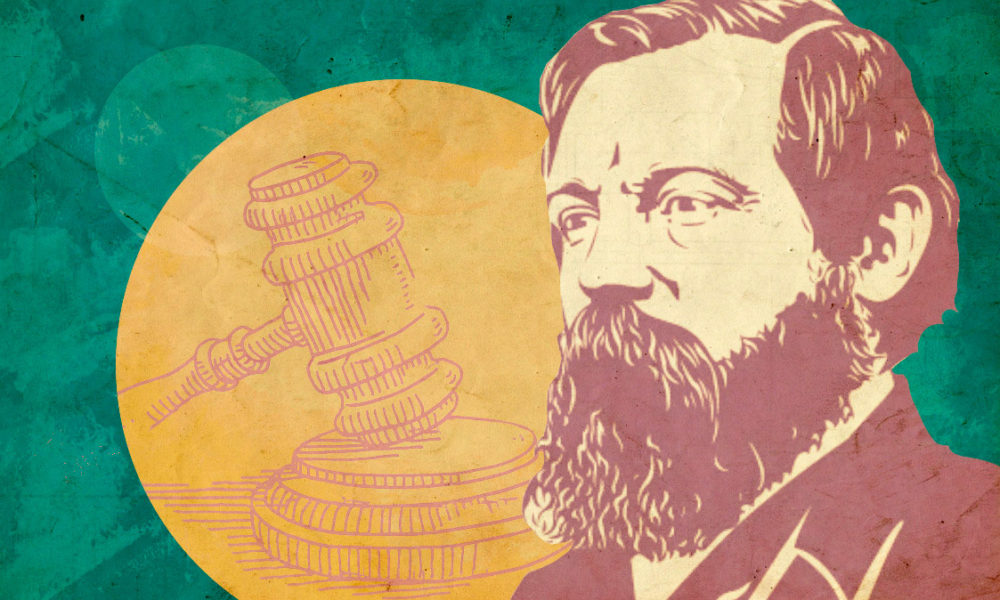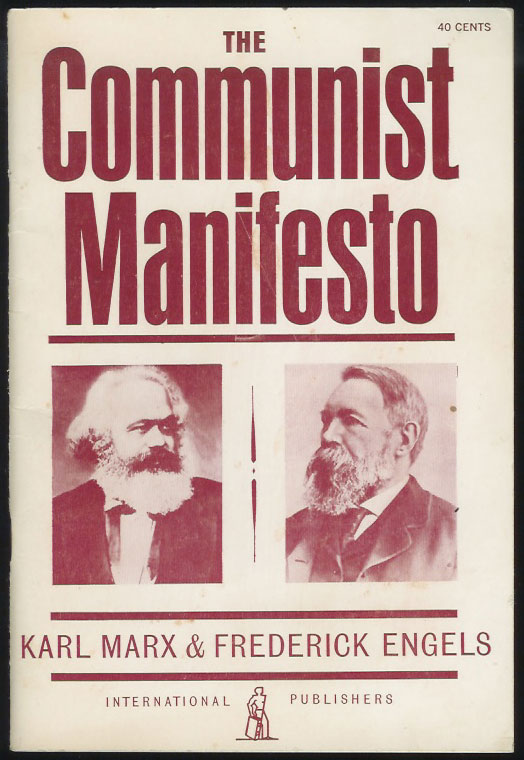Engels

Friedrich Engels and the theory of the labour aristocracy

Lenin’s socialism: Labels and realities

Intellectual and political lessons of ‘The Communist Manifesto’ for our time
Karl Marx and Friedrich Engels’ Communist Manifesto was published in February, 1848. It is truly a part of what Marx called world literature that capitalism has given rise to.

Marxism and Ukraine’s struggle for independence and self-determination
Engels against reformism in Germany and France

By Doug Enaa Greene
Georgi Plekhanov and the roots of Soviet philosophy

What is socialism for the twenty-first century?

Engels as dickhead? Great novel, bad history

Mrs Engels
By Gavin McCrea
Melbourne: Scribe, 2015,
352 pages, A$29.99
Read more on the Marx household
Review by Barry Healy
August 13, 2015 – Links International Journal of Socialist Renewal -- For those hankering to know what Friedrich Engels’ erect penis looked like, page 37 of this novel is for you. “In its vigours, it points up and a bit to the side”, says Lizzie Burns, the first-person narrator of the entire story.She goes on: “Its cover goes all the way over the bell and bunches at the end like a pastry twist. Before he does anything he spits on his hand and peels this back.” Engels is quite enamoured of his member, it seems.
Gavin McCrea’s Lizzie Burns is a brilliant narrative voice and his writing sparkles. Lizzie’s rich brogue and her incisive humour are wonderful.
Paul Le Blanc: Explorations in plain Marxism: revolutionary theory, practical action

"For many developing intellectually in the
Climate change: What would Frederick Engels say?

By Martin O'Beirne

